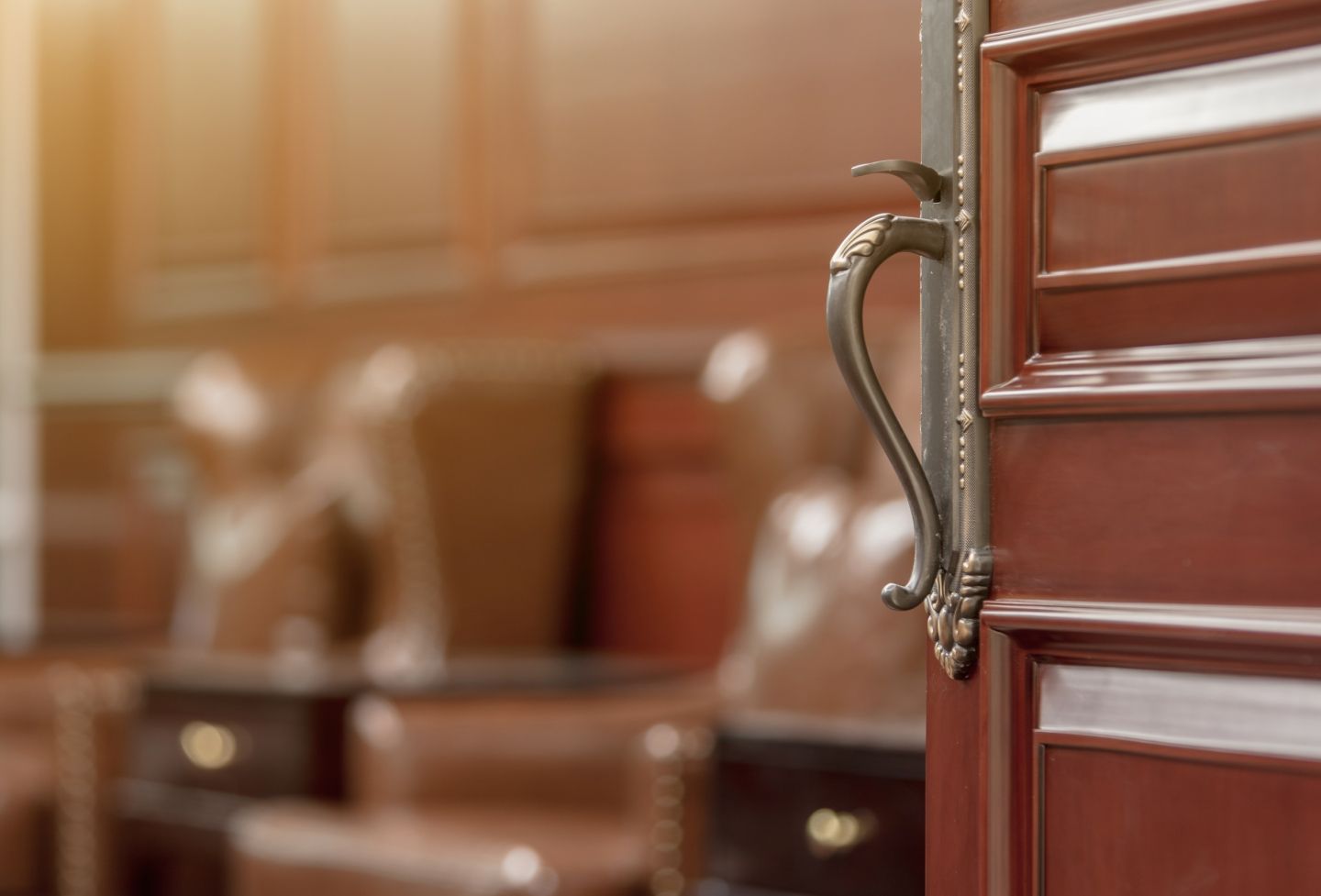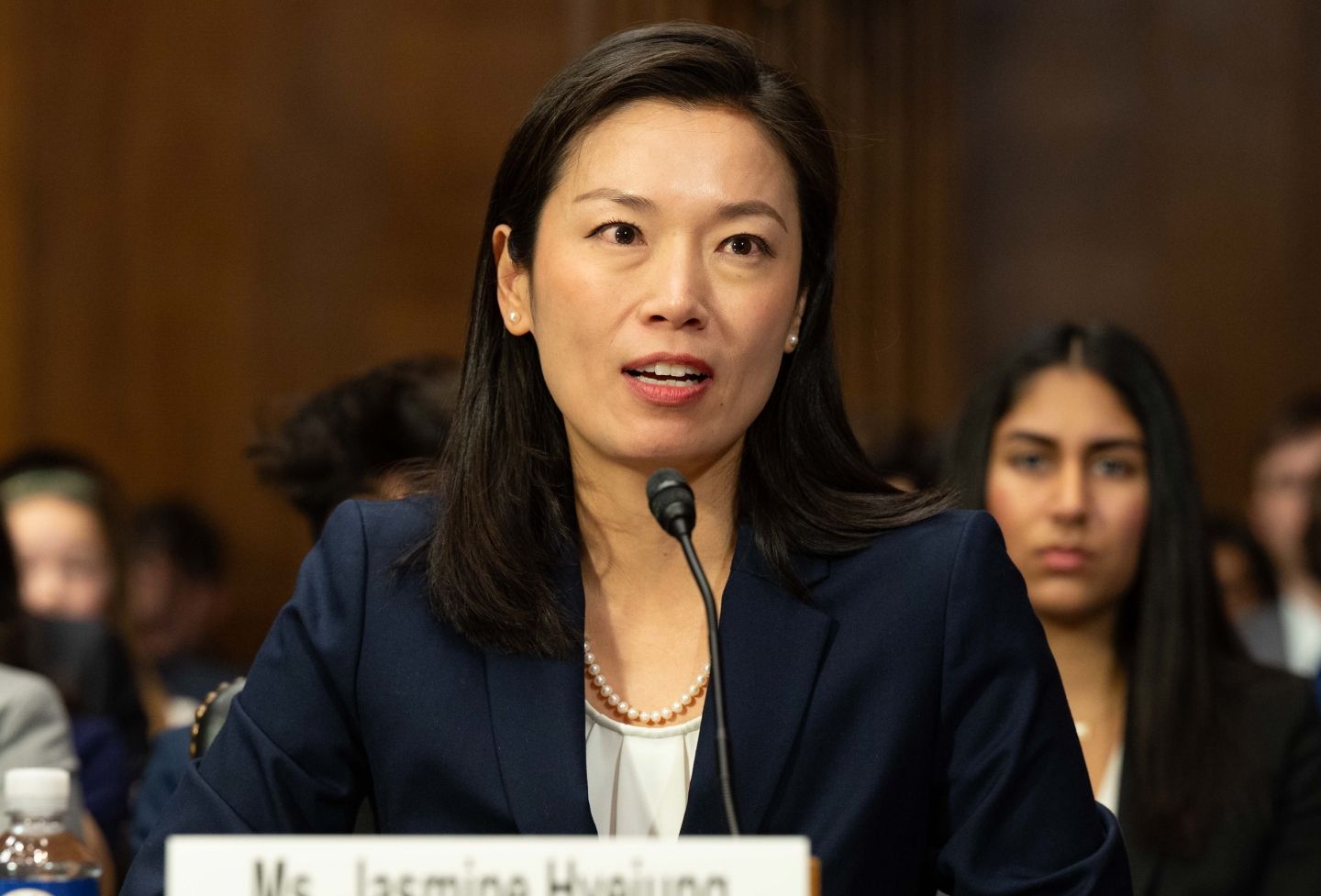Jared Kelson has been given the Faculty Award for Academic Excellence for graduating with the highest GPA in the Class of 2016.
The Olympia, Washington, native and Brigham Young University graduate is now clerking for Judge J. Harvie Wilkinson III ’72 at the U.S. Court of Appeals for the Fourth Circuit, and will clerk for Judge Thomas B. Griffith ’85 the following term at the U.S. Court of Appeals for the District of Columbia Circuit.
Kelson, who in law school was an articles editor for the Virginia Law Review and a member of the Supreme Court Litigation Clinic, received awards for having the highest GPA after his first and second years of law school as well. He was a member of the Extramural Moot Court Team and collected multiple championships in the North Grounds Softball League.
Kelson recently took us inside his experiences as a clerk and offered advice for students seeking to excel in law school and obtain a clerkship.
You were a biology major at BYU. How did you handle the transition to law school?
I came to UVA Law without any real background in law or exposure to the legal field. Biology, chemistry, physics, etc., were all I was familiar with, so I decided to view the law as if it were another science riddled with hypotheses and variables. Fortunately, my undergraduate studies taught me how to think and write in a concise, thorough and objective manner that translated well to law school.
What advice do you have for 1Ls hoping for similar academic success?
As elementary as this sounds, I always found it helpful to listen carefully to my professors. They definitely had a lot more experience with law school than I did, and could elucidate legal nuances that I otherwise would never have noticed or understood. I quickly realized that a wealth of knowledge was embedded in the way they explained even the simplest ideas.
I likewise found that this level of attention was equally important outside the classroom. The feedback and advice I received from professors, sometimes in passing comments, consistently refined the way I approached law school. I will always be grateful for the professors who were patient with me as I struggled to understand difficult concepts, and who later provided opportunities I would never have imagined or been able to realize on my own.
If you could go back to law school and take another class (or classes), what would it/they be?
I would definitely take Constitutional Theory, Religious Liberty, Criminal Procedure Survey and Comparative Constitutional Law. I’ve heard only excellent reviews about each one of them and the lineup of professors is impressive. I would likely take Advanced Legal Research as well, primarily because I had asked the librarians so many questions by the time I graduated that I probably should have just enrolled in their class in the first place.
You started clerking with Judge Wilkinson this summer — what has that experience been like?
Clerking for Judge Wilkinson has been an invaluable opportunity. I’ve come to appreciate even more the privilege of learning firsthand from someone with decades of experience, acute legal analysis and a penchant for elegant prose. I am consistently impressed with the gracious respect he demonstrates toward everyone he interacts with, including his clerks.
I’ve also appreciated the privilege of working with my co-clerks. Their perpetual insight has greatly improved my understanding of the law and my perspective on countless subjects. We’ve become close friends.
What have you learned so far?
After reading innumerable briefs and writing what feels like a similar number of memos, I am thoroughly convinced that clarity, precision and structure are almost as important as substance. It doesn’t matter how strong an argument is if it remains shrouded in incoherence. Careful and measured nuance is also a powerful tool that can frame a particular issue in a manner that dictates the outcome.
Any words of wisdom for students also seeking a clerkship?
I think it’s important to learn the black letter law. I was fortunate to take almost entirely black letter classes, which have already helped me immensely with the various cases filed in the Fourth Circuit. At least in my experience, Federal Courts, Conflict of Laws, Administrative Law, Legislation (i.e., statutory interpretation), Civil Rights Litigation, Evidence and Civil Procedure arise with astonishing frequency. Many operate in the background of almost every case.
As mentioned previously, I also think it’s useful to ask professors for help and advice. They understand the process better than anyone and can be your greatest ally.
Founded in 1819, the University of Virginia School of Law is the second-oldest continuously operating law school in the nation. Consistently ranked among the top law schools, Virginia is a world-renowned training ground for distinguished lawyers and public servants, instilling in them a commitment to leadership, integrity and community service.


